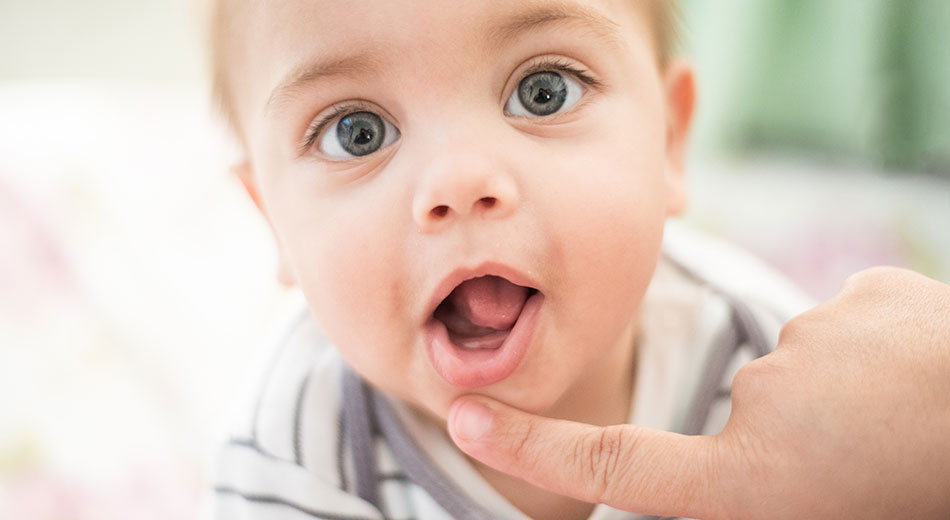When it comes to the health and development of your baby, their teeth may not be at the top of your list – but they should be! Baby teeth are essential for children’s growth and development and their oral health later in life. It is important for parents to understand what baby teeth are, how they develop, the common problems associated with them, and the best ways to care for them. This post will cover everything parents need to know about baby teeth to ensure their child has a healthy smile from the start.
Understanding Baby Teeth
Baby teeth are essential for more than just aesthetics; they help children learn how to chew properly, form words when speaking and guide adult teeth into place. Babies typically get their first tooth around six months old, but this can range from as early as four months up until 12 months old. Baby teeth usually come in pairs (except for the center two incisors) and consist of 20 tiny pearls – 10 on the top jaw and 10 on the bottom. The anatomy of baby teeth is much different than that of adult teeth, with a smaller surface area and more softened enamel.
Common Concerns and Problems With Baby Teeth
As parents, it’s important to be aware of possible concerns and problems associated with baby teeth. Teething can be an uncomfortable experience for babies, often accompanied by drooling, irritability or other symptoms such as facial or neck rashes. Tooth decay is also a common problem in young children if proper oral care isn’t maintained. Early tooth loss or delayed eruption may occur due to accidents or certain conditions. In contrast, over-retained baby teeth can cause crowding of adult teeth and other orthodontic issues later on. To help prevent these issues, it is important for parents to establish good oral hygiene habits early on.
Oral Care for Baby Teeth
Caring for baby teeth is just as important as caring for adult teeth, and in some cases can be even more so due to their softer enamel. It’s recommended that babies start brushing their teeth with a very soft toothbrush or a piece of gauze once they get their first tooth. For infants and toddlers, brushing should be done twice daily and flossing periodically when multiple teeth are present. A fluoride-free toothpaste should be used until your child is old enough to spit out the paste after brushing – typically around 2 years old. When choosing a toothbrush and toothpaste, look for products that are specifically designed for babies and toddlers.
The Importance of Baby Teeth for Future Oral Health
Baby teeth are essential for future oral health, as they help with the development of speech, language, and jaw growth. They also act as placeholders for adult teeth and ensure proper eruption when the time comes. That’s why it is so important to prioritize your child’s oral health from an early age and maintain healthy baby teeth in order to set the foundation for a lifetime of good oral health. If you have any questions or concerns, it is best to seek guidance from a pediatric dentist who specializes in children’s dental care.
Having healthy baby teeth is essential for both immediate and future oral health. Parents should be aware of the different stages of baby tooth development, as well as common issues and how to prevent them. It is important to begin establishing good oral hygiene habits early on in order to ensure your child’s teeth stay healthy from the start. If you have any questions or concerns about your child’s dental care, it is best to seek guidance from a pediatric dentist. By taking the necessary steps for proper baby tooth care, parents can help their little one have a beautiful smile for years to come!

